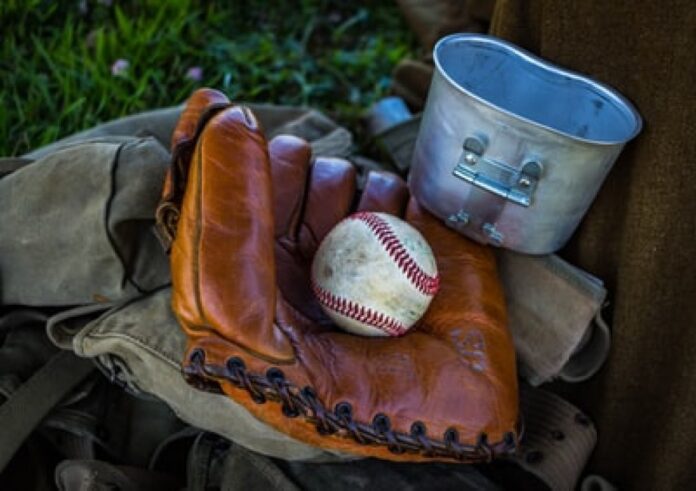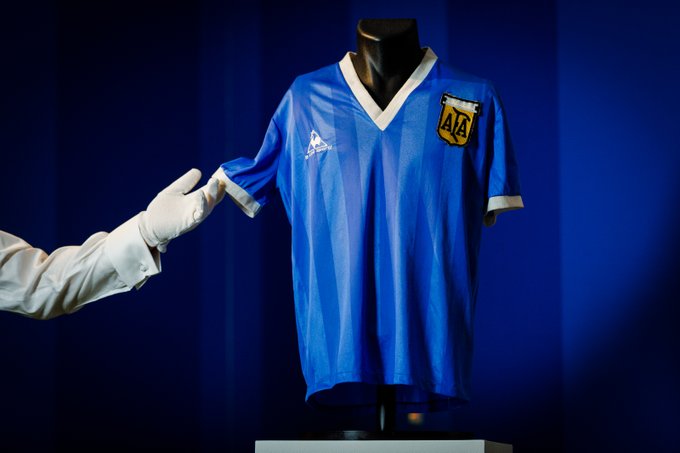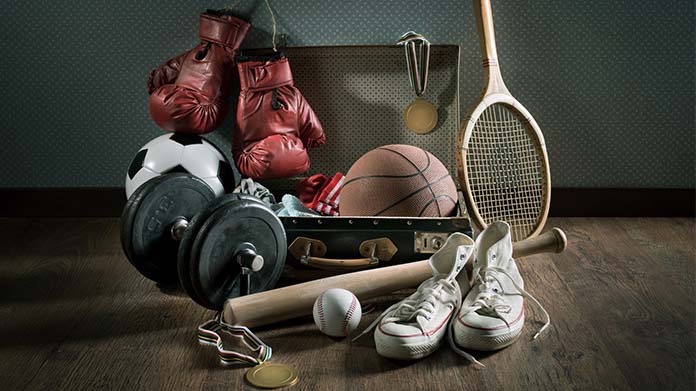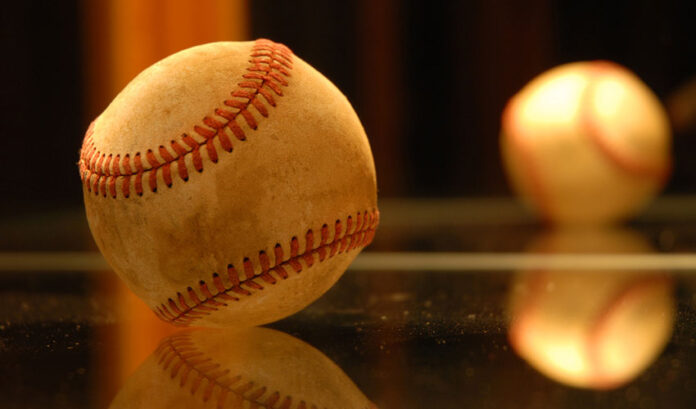Sports memorabilia, whether a signed baseball or a game-worn jersey, has long been a way for fans to connect with their favorite teams and players. But for many collectors, these items hold more than just monetary value.
The nostalgia factor plays a significant role in driving up the prices of sports memorabilia as fans look to recapture the emotions and memories associated with their favorite athletes and moments in sports history. If you are interested in buying sports collectibles, visit eastcoastsportscollectibles.com. In this article, we will explore the sentimental value of sports memorabilia and how it influences the market for these popular items.
Why do Fans Value Sports Memorabilia?

Sports memorabilia is more than just a collection of items for many fans; it holds a deeper emotional connection to their favorite teams, players, and moments in sports history. These items are real reminders of the excitement, joy, and even heartbreak experienced while watching games and following athletes throughout their careers. Fans may collect jerseys, balls, autographs, and photographs to hold onto those memories and feel connected to the sports world.
Moreover, fans may value sports memorabilia for the rarity and uniqueness of the items. Collecting sports memorabilia can be a way to acquire a piece of sports history that cannot be found elsewhere. Game-worn jerseys or equipment, for example, are one-of-a-kind items that collectors highly seek. Owning a piece of history like this can be a point of pride and a conversation starter for fans who share a love for sports.
The basic feature is to show support for their favorite teams and players. For example, wearing a team jersey or displaying a signed photo can be a way to showcase loyalty and dedication to a particular athlete or team. Collecting these items can also be a way to connect with other fans who share similar interests and passions.
How does Sentimental Value Affect Price?

The sentimental value of a sports-related object, whether a piece of equipment or a photo, can significantly impact its price. Fans’ emotional connection with certain athletes and moments in sports history can drive up the demand for certain items, making them more valuable to collectors. This increased demand often leads to bidding wars and inflated prices, especially for rare or unique items.
Another factor that influences the price of sports-related objects is the authenticity and provenance of the item. When an item has a clear and verifiable history, such as a game-used baseball or a jersey worn during a championship game, it can increase the item’s sentimental value and monetary value. Collectors are willing to pay a premium for these items because they connect to a specific moment in sports history.
The condition of the item is also a crucial factor in determining its price. Collectors prefer items in excellent condition, with little to no signs of wear or damage. That is especially true for items intended for display, such as autographed photos or jerseys. The sentimental value of an item can be diminished if it is not well-preserved, and collectors may be willing to pay less for items in poor condition.
Collecting as a Business

The world of sports memorabilia is a lucrative business, with collectors, dealers, and auction houses all vying for rare and valuable pieces. The demand for these items has led to a highly competitive market, with prices sometimes reaching millions of dollars. As a result, the buying and selling of sports-related objects have become a legitimate industry with its own rules and regulations.
The important aspect of the sports memorabilia business is the authentication process. Because of the high prices these items can command, there is a significant risk of fraud and counterfeit goods. To combat this, authentication companies have emerged, which specialize in verifying the authenticity of sports-related objects. These companies employ experts in various fields, such as autographs or game-used equipment, who examine the item to ensure its legitimacy. Once an item has been authenticated, it is given a certificate of authenticity, which increases its value in the marketplace.
Another aspect of the sports memorabilia business is the role of auction houses. Many collectors choose to buy and sell their items through auction houses, providing a platform for these transactions. Auction houses typically charge a commission fee on the sale of an item, and they may also offer services such as appraisals and marketing. Some of the most well-known auction houses in the sports memorabilia industry include Sotheby’s, Christie’s, and Heritage Auctions.
The sports memorabilia business has created a new generation of collectors and investors. With the rise of online marketplaces and social media, it has become easier for individuals to buy and sell sports-related objects, even on a small scale. That has led to a democratization of the industry, allowing more people to participate in the buying and selling of sports memorabilia.
Tips For Collectors
For collectors looking to start or expand their sports-related collections, there are a few tips to keep in mind. First and foremost, it is essential to do your research. Knowing the market, the value of certain items, and the history of the objects you are interested in can help you make informed decisions and avoid overpaying for items. Educating yourself on the authentication process and what to look for when examining items for authenticity is also essential.
Another tip for collectors is to focus on a specific area of interest. For example, with so many different sports and items available, it can be overwhelming to collect everything. So instead, focus on a particular sport, athlete, or even a specific type of item, such as game-used equipment or autographs. That will allow you to build a more focused and cohesive collection and make it easier to find and acquire rare or unique items.
The Bottom Line
The emotional connection that fans have with sports-related objects, along with their rarity and authenticity, can make them highly sought-after by collectors. The sports memorabilia business is a legitimate industry with its own rules and regulations, including the authentication process and the role of auction houses.








